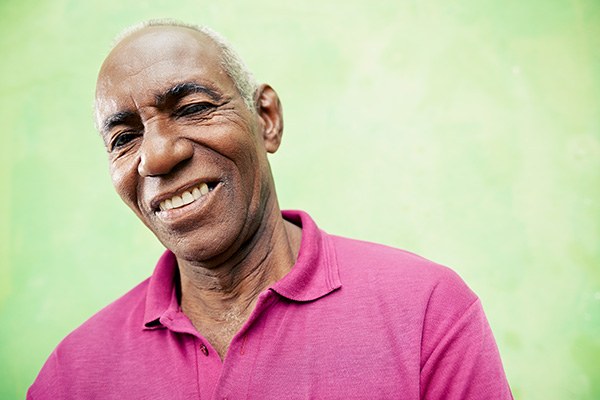Testing for Sleep Apnea and Other Sleep Disorders

A large number of the world's population suffer from a condition known as sleep apnea. In fact, it is so common that many physicians are able to diagnose obstructive sleep apnea using either an in-lab sleep study or a home test. These tests require a board-certified sleep physician who has both the training and the expertise in diagnosing and treating the condition.
Most patients who suffer from this condition do not seek treatment for sleep apnea since they are not even aware it is an issue they struggle with. Doctore do not normally detect i during routine office visits. However, there are two ways to diagnose sleep apnea. Either through a routine screening by the dentist or the patient comes in for a sleep study.
Why is it important to diagnose sleep apnea?
Getting a comprehensive study and a diagnosis is important for people who find that they are not getting enough rest. Rather than answering the question, "did I get 8 hours?" The question that patients find themselves needing to ask is "how well did I sleep?" Many patients feel exhausted during the day but have no idea that they may be dealing with a serious condition.
The exhaustion that people feel, when suffering from this condition, is legitimate and one that people need to take seriously. People who do not get enough sleep and have to operate heavy machinery, like a car, put both themselves and other people at risk. We recommend that somebody who continues to feel exhausted, even after a full night's sleep, see the dentist about a test to check for this condition.
In-Lab overnight sleep study
One way to test for sleep apnea requires that the patient stays overnight at a sleep center. There are sensors which are hooked up to various parts of the patient's body and record their brain waves, heartbeat, breathing, and movement. Doctors will typically recommend having a sleep study in a lab for more complex cases.
However, it is important to remember that any time there is an overnight study it is going to be expensive. Most insurance plans do cover some or all of these types of studies.
Home test
Patients who have high risk factors for obstructive sleep apnea, but display no other medical disorders, can actually take an in-home test. This type of sleep study allows the patient to remain in their home, comfortable in their own bed, while a small monitor to collect data as they sleep. While the testing equipment is less complicated from that of a lab, the data collected is very similar.
This data will provide the doctors with a comprehensive understanding of the patient's in-home sleep patterns. With an in-home test kit, the patient will be required to take the device back to our office, a test center or send it in the mail for review.
Call for help
If you think you have this condition, schedule an appointment with our office for a medical evaluation.
Call (773) 733-5876 today to reach Bright Smile Dental.
Related Posts
Sleep apnea is a common disorder that can leave you feeling tired and sleepy during the day. The condition leads to breathing coming to a stop during sleep, forcing your brain to wake up to restore breathing momentarily. People with the condition can have hundreds of these interruptions during sleep.Obstructive sleep apnea is caused by…
Sleep apnea is a frustrating condition that affects many people’s ability to function normally each day. Fortunately, there are many treatment options available for sleep apnea, and those who utilize professional treatment from a dentist often see many useful benefits, such as the ability to function better each day.All too many who have sleep apnea…
As a dentist in Chicago, we focus on keeping our patients in excellent oral health and part of that process is understanding how the entire body works together. Oral health, as with the health of any part of your body, is not isolated. This is why something like gum disease can impact your gums, teeth…
If your visit to the dentist revealed that you have dental cavities, you have to start considering different ways to reverse the tooth decay process. Of course, while we were young, we all heard that sugars are harmful to our teeth. That did not exactly discourage us from eating candy, though. The fact is that…
